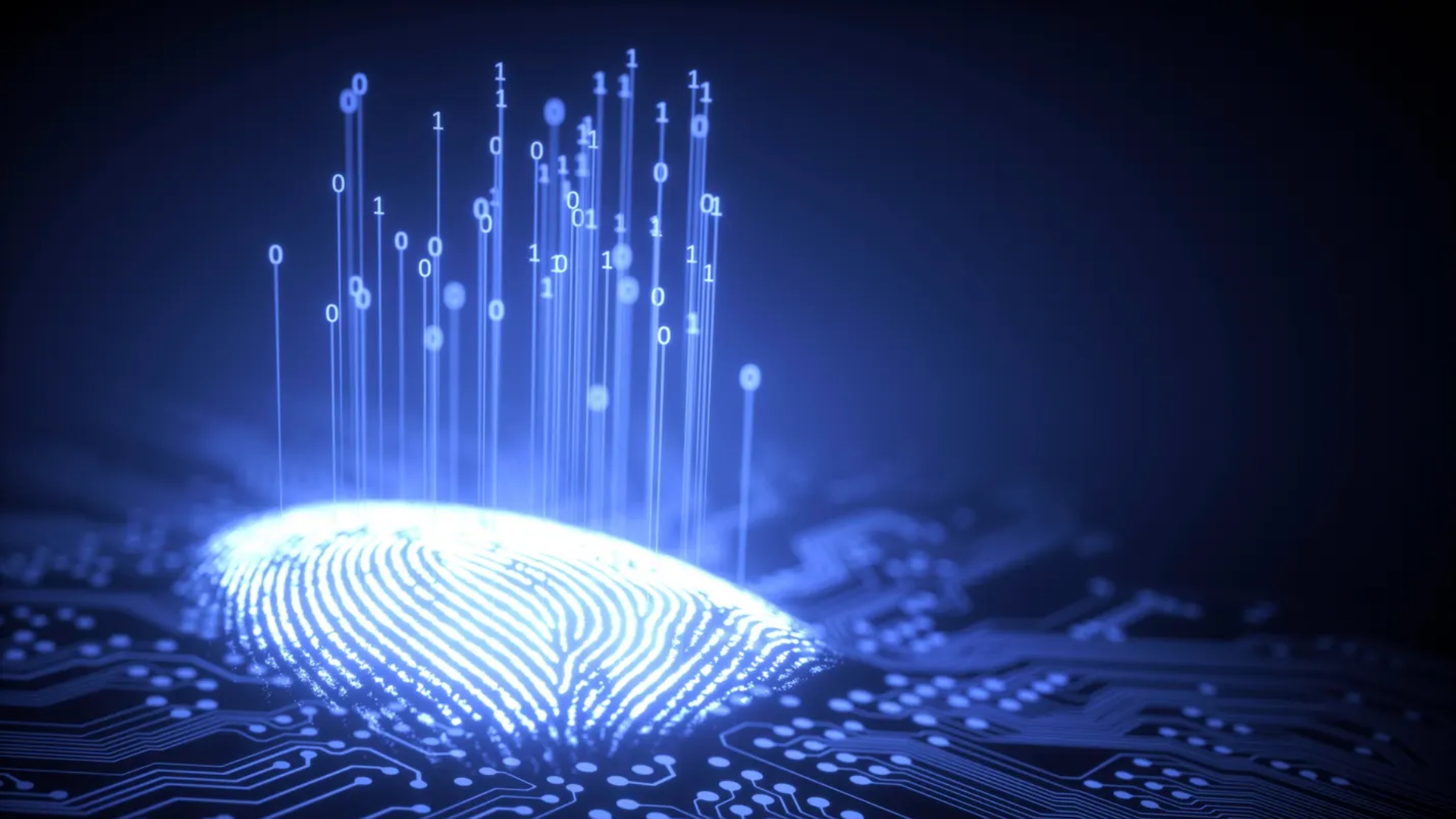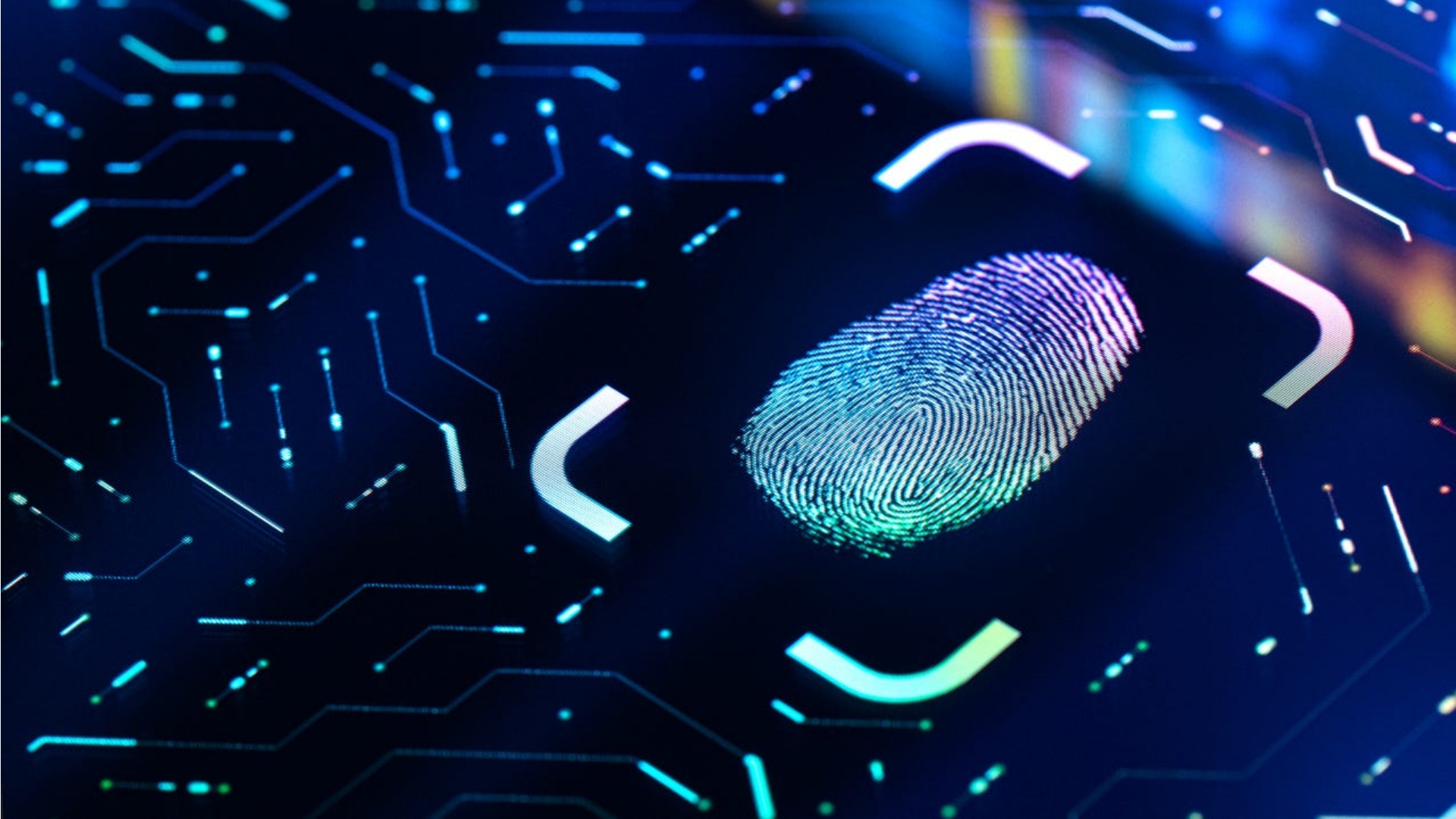The Rise of Passwordless Authentication

Every time we visit a website or use an app, we are confronted with the need for a password. This seemingly simple requirement has become a cornerstone of online security. However, in a world where cyber threats are constantly evolving, the effectiveness of passwords is increasingly being questioned. Are these seemingly secure gateways to our digital lives truly protecting us, or are they merely a facade that leaves us vulnerable to attack?

However, the good news is that cybersecurity experts are constantly developing new ways of protecting our online lives and personal data. By following their advice and implementing recommended security measures, we can significantly enhance our digital safety.
The Password Paradox: Are We Still Safe in the Age of Cybercrime?
Passwords. We encounter them daily, a seemingly simple barrier guarding our online lives. But in an era of sophisticated cyber threats, are these digital keys still strong enough?
While passwords remain ubiquitous, innovative alternatives are emerging, offering a more robust defense against hackers.
1. Passkeys: The Keyless Future
Imagine a world without passwords. Enter passkeys. These cryptographic keys, stored securely on your device, eliminate the need for individual usernames and passwords for each account. No more forgotten credentials, no more vulnerability to phishing attacks or keyloggers. Passkeys simplify logins while significantly enhancing security.
2. Multi-Factor Authentication (MFA): Layering Your Defenses
MFA adds an extra layer of security beyond your password. Think of it as a digital security guard checking your ID. Common methods include one-time codes sent via SMS or email, biometrics (fingerprints, facial recognition), or security keys. While you might already use some form of MFA, exploring stronger options can significantly bolster your online defenses.
3. Biometric Security: The Power of Your Body
Your body can be your most unique password. Biometric security leverages your unique physical characteristics – fingerprints, facial features, even your voice – for authentication. This technology, increasingly prevalent in smartphones and other devices, offers a convenient and highly secure alternative to traditional passwords.
4. Password Managers: The Power of Automation
Password managers aren't strictly "alternatives" but powerful tools for enhancing password security. They allow you to generate and store strong, unique passwords for each account, eliminating the need for memorization. These managers then automatically fill in your credentials, making online experiences smoother and more secure.
The Roadblocks to a Password-Free Future
Despite the advancements in security technology, widespread adoption of password alternatives faces several challenges:
- The Habit of Passwords: Decades of relying on passwords have ingrained them deeply in our online habits. Shifting to new methods requires a significant behavioral change.
- The Age Factor: Older users may find it challenging to adapt to new technologies and embrace unfamiliar authentication methods.
- Compatibility Issues: Many legacy systems and older devices may not support newer security protocols, hindering widespread adoption.
The Future of Online Security
The cyber threat landscape is constantly evolving, demanding a more robust approach to online security. While passwords have served us well, it's time to embrace innovative alternatives like passkeys, MFA, and biometrics. By embracing these advancements and prioritizing cybersecurity education, we can create a safer and more secure digital future.
